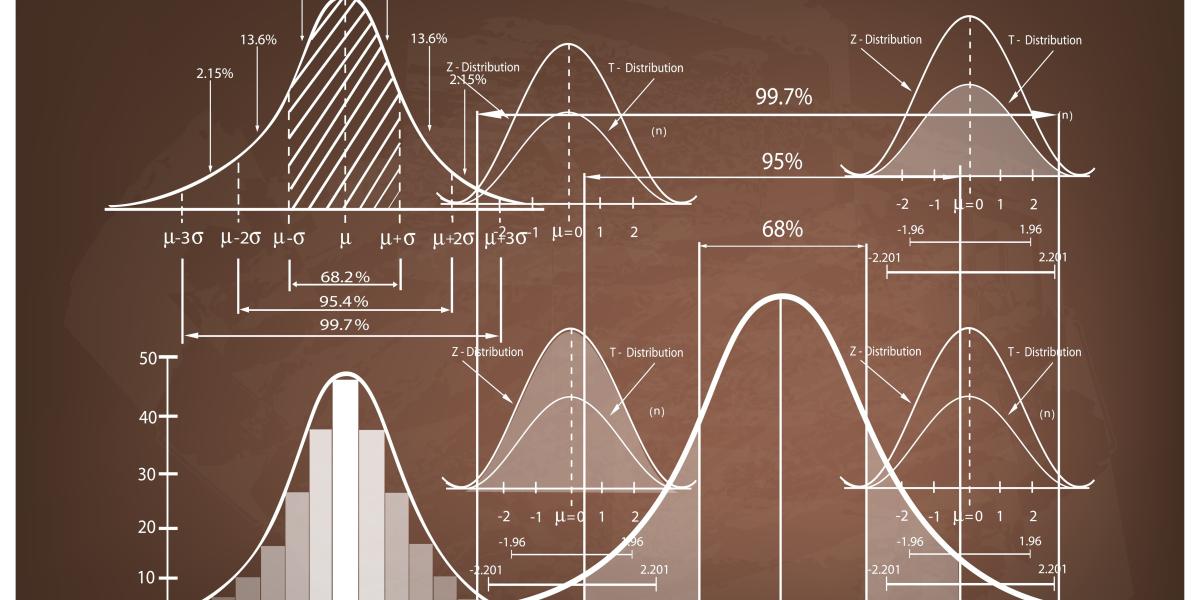Professor Hülsmann’s rejoinder to my earlier reply is, as always, elegantly written and guided by the spirit of collegial debate. Yet, despite its rhetorical polish, I must disagree on several points, particularly where his argument rests on empirical conjecture rather than on praxeological necessity. I will address three points in turn: (1) my alleged denial of the possibility of credit contraction and reduction of fiduciary media, (2) the impossibility of hyperinflation at a constant money stock, and (3) the question of how to finance temporary measures to soften a transition in a monetary reform.
1. On the disappearance of the central bank and the reduction of fiduciary media
Hülsmann claims that I deny the likely reduction of fiduciary media when a central bank is abolished: “All in all, therefore, [according to Bagus] there would be no reduction of fiduciary media, and therefore no price-deflationary pressure.”
However, I wrote: “a credit contraction could occur if commercial banks, fearing a run, voluntarily raised their reserve ratios, or if losses on central bank liabilities directly triggered a run.” As a credit contraction (of circulation credit) reduces fiduciary media, I do not claim what Professor Hülsmann ascribes to me.
A credit contraction may result either from banks’ precautionary increases in reserve ratios or from depositor withdrawals that directly force such adjustments; these causes are equivalent in substance. Moreover, in Argentina, one of the main indicators that may induce banks to restrict credit is the foreign-exchange rate itself. A sharp rise in the dollar price often precedes and signals an impending bank run.
2. On hyperinflation with a constant money stock
The main theoretical question is whether there can be a hyperinflation (a rapid fall in purchasing power) of a fiat money with a constant money supply. Hülsmann regards it as impossible, claiming that “hyperinflation does not arise from a loss of confidence alone, but from a loss of confidence combined with an enormous increase in the money stock.”
I argue that the demand for money can fall without continued enormous increases in the money supply. In the historical case of Argentina, the demand for money was falling quickly when Milei assumed the presidency. The preceding government had increased the money supply enormously, accelerating price inflation. An inflationary spiral had been set off in which a lower demand for pesos leads to higher prices (most visibly reflected in the dollar exchange rate), leading to further reductions in confidence and in the demand for pesos, and so on. It is not necessary that the money supply continues to increase until the very last stage of hyperinflation; the preceding expansion may already have set off the loss of confidence. The elimination of the central bank on Milei’s first day in office would not have stopped the process of loss of confidence; rather, the peso would have lost the hope of being convertible at a fixed rate into dollars.
Yet, the Argentine case merely serves as a hypothetical case to clarify the logic; the argument is deductive. The essence of the argument remains theoretical, not historical. If the demand for money falls faster than the supply decreases, its purchasing power must decline; if the demand´s fall is dramatic, the result is hyperinflation. Whether the nominal quantity of money changes becomes immaterial once confidence in the currency collapses.
Nevertheless, Professor Hülsmann continues to doubt that with a constant stock of money, a hyperinflation would be possible, giving three reasons.
First, he appeals to experience: “I have never heard or read about such a thing in real life.” Yet praxeology is not an inductive science. It is an a priori deductive science whose task is to elucidate the logical implications of human action in different situations. That something has not occurred historically does not render it impossible. Ludwig von Mises, in his Theory of Money and Credit (1912), derived a theory of flexible fiat money exchange rates when the world was still on the gold standard. If someone had said to Mises, “I have never heard or read about such a thing in real life,” it would not have invalidated his correct a priori statements.
Second, Professor Hülsmann claims that the demand for pesos could not collapse because they are still needed to pay taxes. This argument reproduces the central claim of Modern Monetary Theory—that taxation sustains the value of fiat money by coercively creating demand for it. The argument implies that an increase in taxation increases the demand for money. Yet, in a scenario of collapsing confidence in the peso, individuals may exchange pesos immediately into dollars after receiving them, satisfying tax obligations only at the last moment. The mere existence of tax obligations does not anchor the value of money if expectations turn radically pessimistic. The residual non-monetary demand is insufficient to stabilize the currency’s purchasing power once confidence collapses. History offers many cases—Weimar Germany, Zimbabwe, Venezuela—where tax obligations did not prevent hyperinflation. More specifically, raising taxes would not have stopped or slowed down these hyperinflations.
Third, Hülsmann argues that I must decide: Either hyperinflation occurs instantaneously as the demand for money falls “at lightning speed,” in which case it would not be harmful and would be “without tears,” or the demand falls less rapidly, in which case there would be no hyperinflation at all.
Three clarifications are in order. First, I never said that the demand for money evaporates overnight. Rather, I described the process of a hyperinflationary spiral, where falls in the demand for money lead to increases in prices (foremost the exchange rate), which in turn lead to further falls in the demand for money and so on. Second, even if a hyperinflation happens quickly, there will be massive losses for some—those who were not fast enough to convert pesos into dollars. Irrespective of the speed of the process, there is enormous redistribution. Those who convert their pesos more quickly into dollars gain at the expense of those who do not. Those who held a relatively smaller portion of their assets in pesos win at the expense of those who held a higher portion. That this traumatic experience likely leads to “tears”, social hardship and unrest in a country where the poverty rate is around 50 percent seems plausible. Especially when a similar situation has already occurred, as in Argentina with the corralito in 2001, when the Peronist opposition organized riots, there were deaths, and the elected president Fernando de la Rúa had to flee the Casa Rosada in a helicopter.
Third, Hülsmann’s dichotomy rests on an unnecessary binary. It is not true that either there is a fall of the demand for money “at lightning speed” or there is no hyperinflation. It is not necessary for the demand for money to fall at lightning speed to produce hyperinflation (with a constant money supply). The demand for money can fall progressively over time. And while the hyperinflation or demonetization of a fiat money that consumers no longer want is economically beneficial in the long run, it may still create social, financial, and political havoc in the short run that can cause a government’s overturn, depending on the historical circumstances.
3. On temporary tax measures
Finally, Professor Hülsmann makes a clarification in relation to his statement about “temporary measures to help the most vulnerable during the transition phase” of a monetary reform process. He says that he did not have in mind additional government spending in favor of the most vulnerable but “large tax breaks on charitable donations and the elimination of regulatory requirements (reporting, building codes, etc.) that might burden the operations of self-help organizations”. But why should these measures be only “temporary” and not permanent? Hülsmann recommends “the elimination of regulatory requirements (reporting, building codes, etc.).” Why should these regulatory requirements be reintroduced later?
Moreover, Hülsmann’s analysis neglects an important consequence. If there are tax breaks, in the short run one can expect government revenue to fall, which would cause a government deficit if other spending is not reduced. The analysis does not specify how such a deficit would be financed. Perhaps Hülsmann thinks that the decrease in tax revenue may be compensated by a decrease in some item of the government budget. Yet a reduction in government spending would also remove the alternative I mentioned to ease the transition—namely, a gradual phasing out of monetary expansion rather than an abrupt termination.
Conclusion
In sum, none of Professor Hülsmann’s objections undermine the theoretical proposition at stake: that hyperinflation can, in principle, result from a collapse in money demand even with a constant supply. These are implications of the logic of human action, independent of historical precedent and immune to empirical refutation.



























